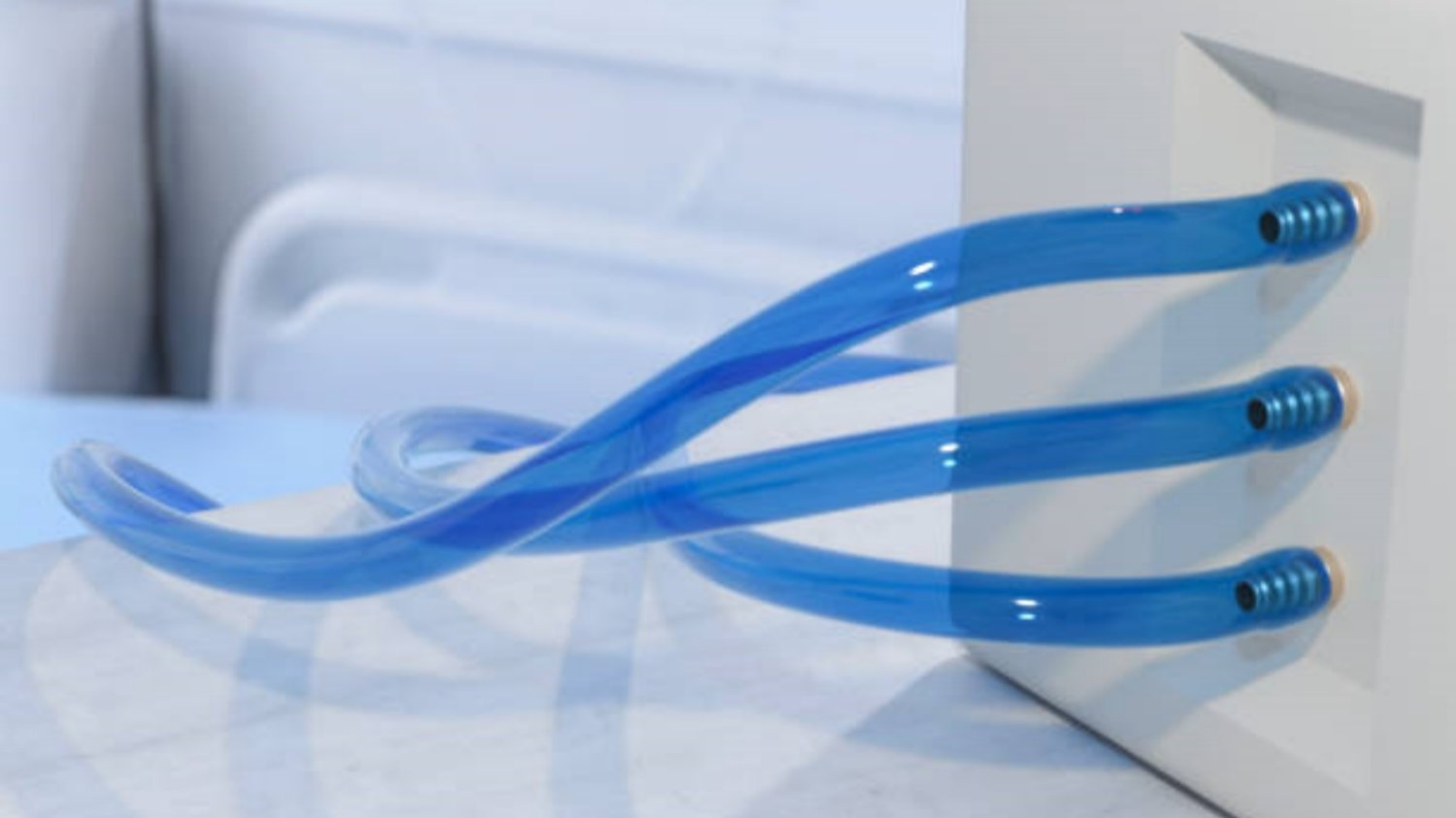The Versatile Uses of tube silicone
Tube silicone is a versatile material that has a wide range of applications in various industries. From construction to automotive, tube silicone has become an essential component in many products and processes. In this article, we will explore the different prospects of tube silicone and its importance in these industries.
What is Tube Silicone?
Tube silicone, also known as silicone tubing, is a flexible, hollow tube made from silicone material. It is typically translucent or transparent, allowing for easy visibility of the contents inside. Silicone, a synthetic polymer, is derived from silicon, oxygen, carbon, and hydrogen. It possesses unique properties that make it ideal for a multitude of applications.
High Temperature Resistance of tube silicone
One of the key advantages of tube silicone is its exceptional heat resistance. It can withstand extreme temperatures ranging from -60°C to 230°C (-76°F to 446°F). This property makes it suitable for applications where exposure to high temperatures is common, such as in the automotive, aerospace, and manufacturing industries.
Chemical Resistance of tube silicone
Tube silicone is highly resistant to chemicals, including acids, bases, solvents, and oils. This resistance makes it an excellent choice for applications where contact with corrosive substances is likely. It can be used in laboratories, chemical processing plants, and even in household products like cleaning solutions and beauty products.
Medical and Pharmaceutical Applications
Due to its biocompatibility and non-toxic nature, tube silicone is widely used in the medical and pharmaceutical industries. It is commonly employed in medical devices, such as catheters, implants, and tubing for drug delivery systems. Silicone tubing is also used in laboratory settings for fluid transfer and filtration purposes.
Electrical Insulation of tube silicone
Tube silicone possesses excellent electrical insulation properties, making it suitable for electrical applications. It can withstand high voltages and insulate wires, cables, and connectors effectively. Silicone tubing is used in various electrical equipment, including transformers, motors, and generators, to ensure safe and reliable operation.
Sealing and Gasketing of tube silicone
The flexibility and resilience of tube silicone make it an ideal material for sealing and gasketing applications. It can form a tight seal, preventing leakage of fluids or gases. Silicone tubing is commonly used in plumbing systems, automotive engines, and industrial machinery to create reliable seals and gaskets.
Food and Beverage Industry
Tube silicone is widely used in the food and beverage industry due to its food-grade properties. It is non-toxic, odorless, and tasteless, ensuring the safety and purity of the products it comes into contact with. Silicone tubing is used for fluid transfer, filling and packaging equipment, and even in kitchen appliances like coffee machines and blenders.
Flexible and Resilient tube silicone
Tube silicone exhibits excellent flexibility and resilience, allowing it to withstand repeated bending, stretching, and compression without losing its shape or performance. This property makes it suitable for applications that require durability and longevity, such as in automotive hoses, pneumatic systems, and industrial machinery.
UV and Weather Resistance
Tube silicone is highly resistant to UV radiation and weathering, making it ideal for outdoor applications. It does not degrade or deteriorate when exposed to sunlight, rain, or extreme weather conditions. This property makes it suitable for outdoor signage, solar panels, and even in architectural applications like window seals and weather stripping.
Easy to Clean and Maintain
Tube silicone is easy to clean and maintain, making it a preferred choice in applications where hygiene is crucial. It can be easily sterilized, making it suitable for medical and food processing equipment. Additionally, silicone tubing is resistant to mold and bacteria growth, ensuring a clean and safe environment.

